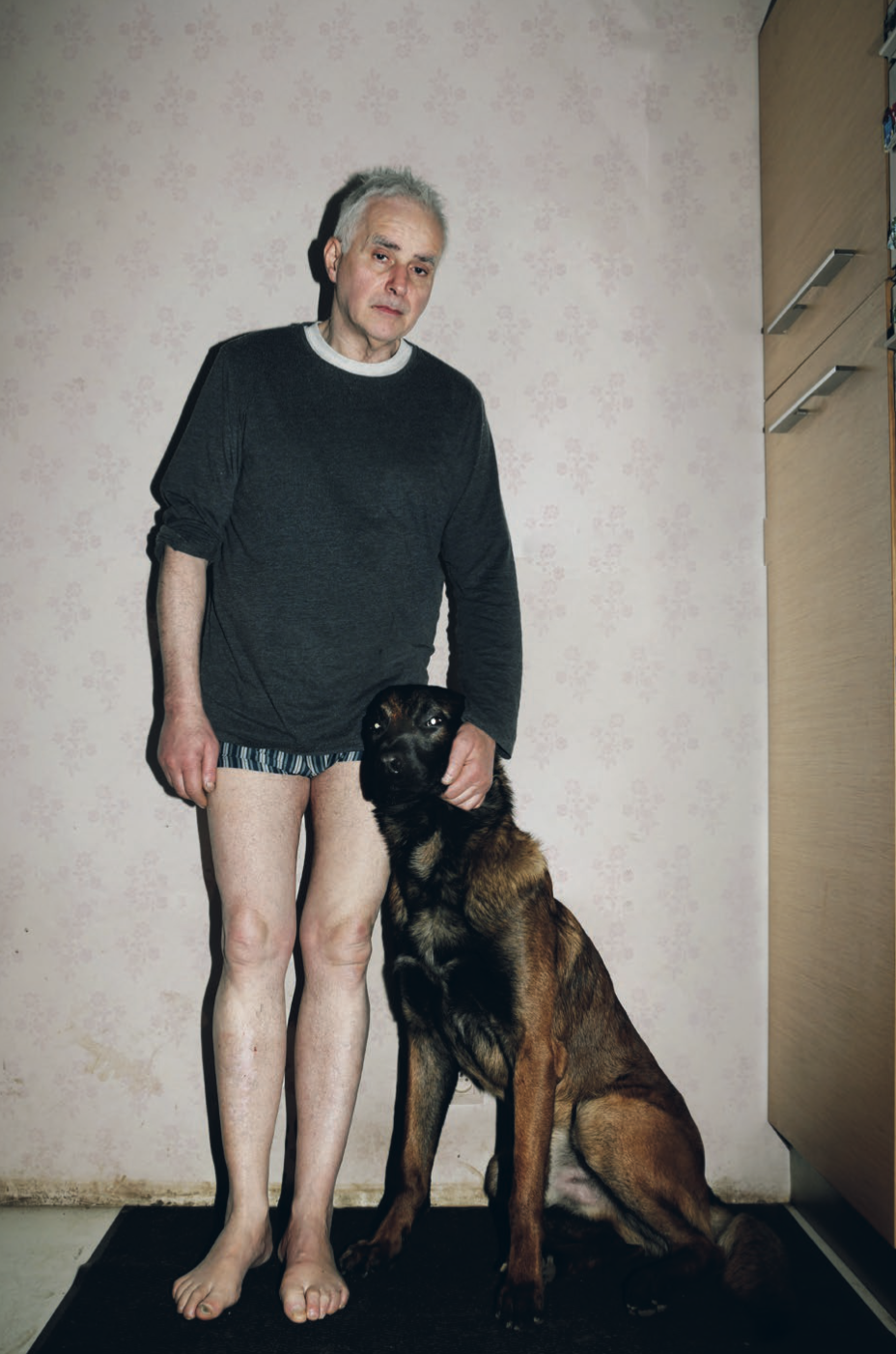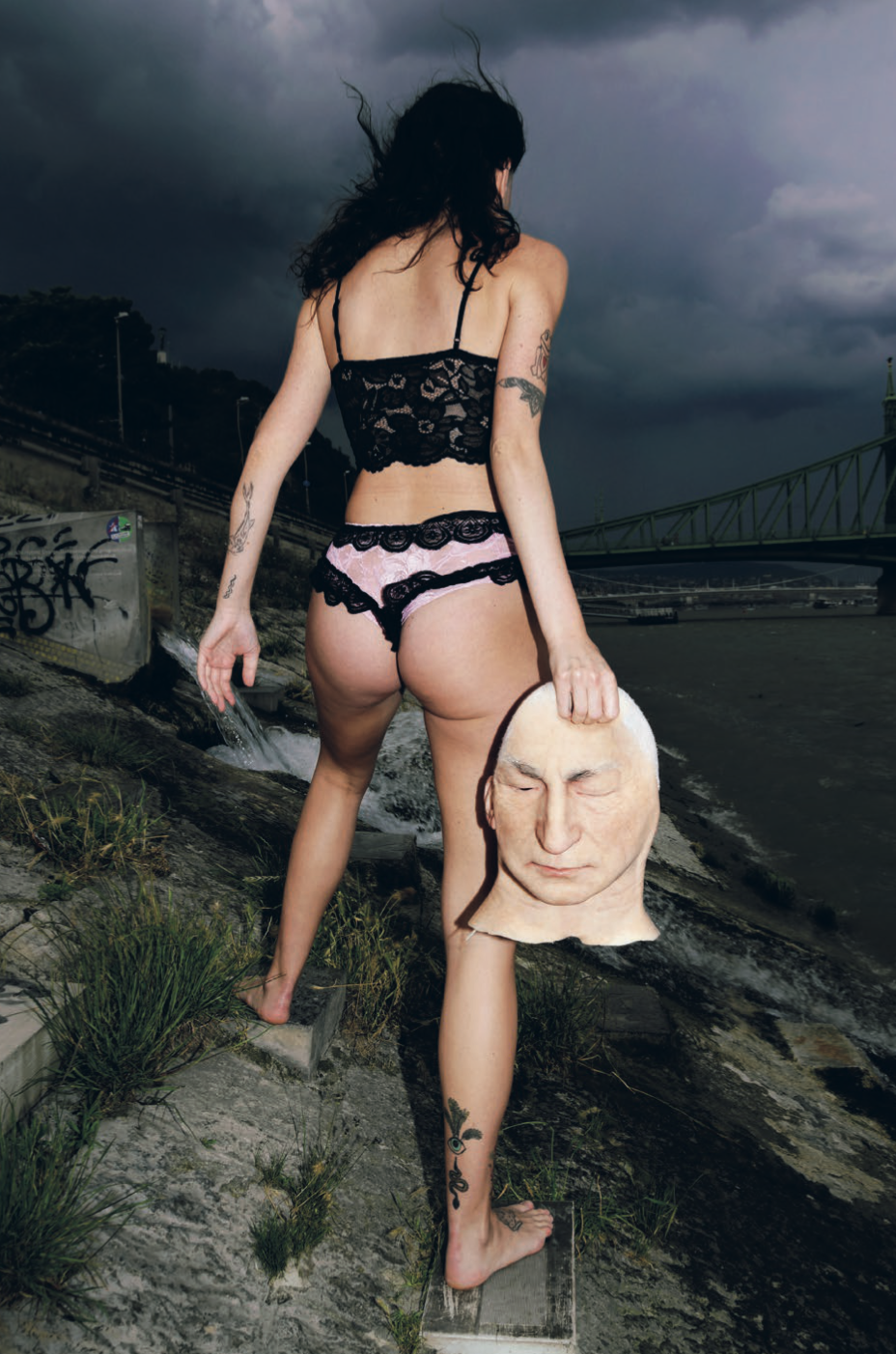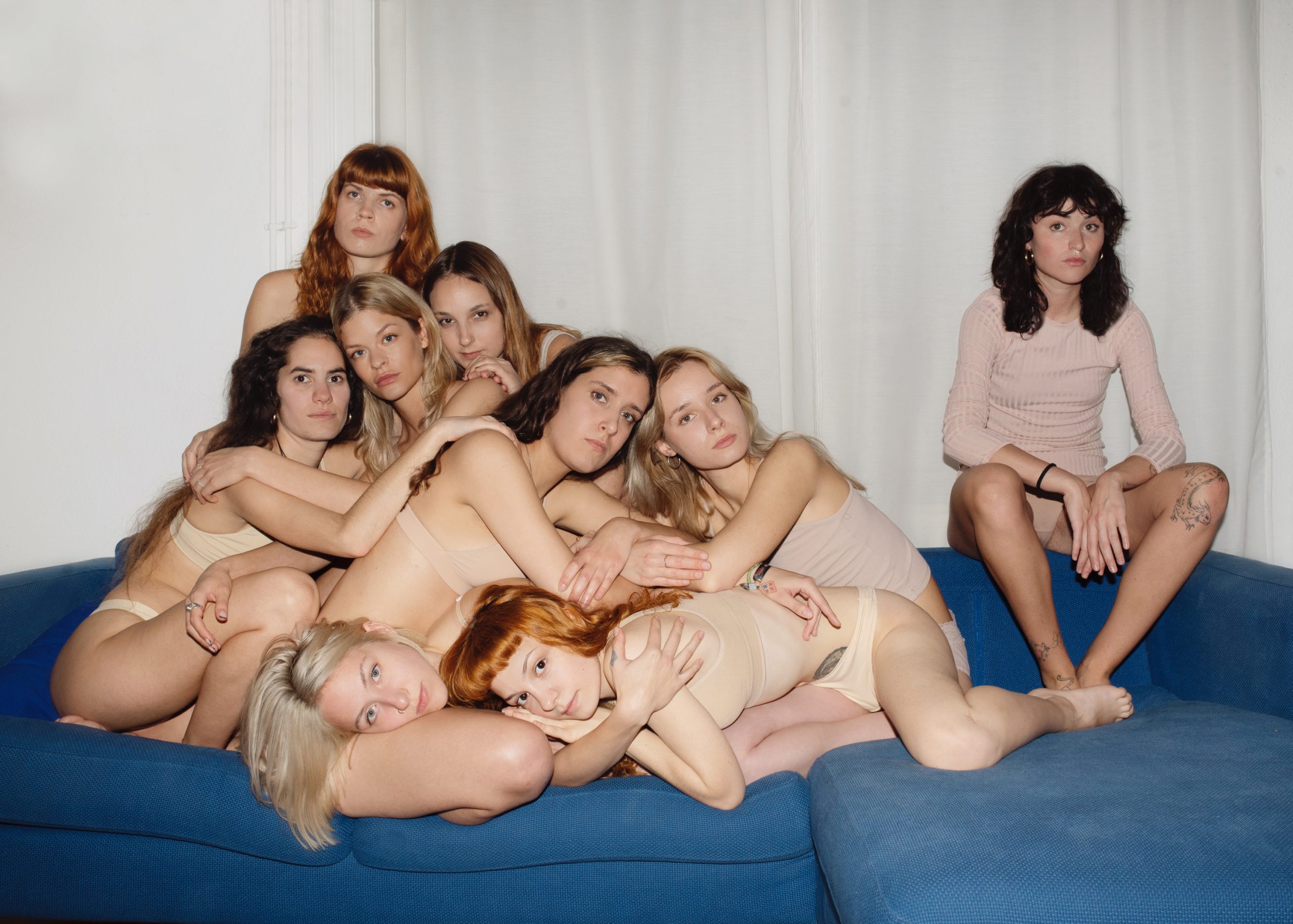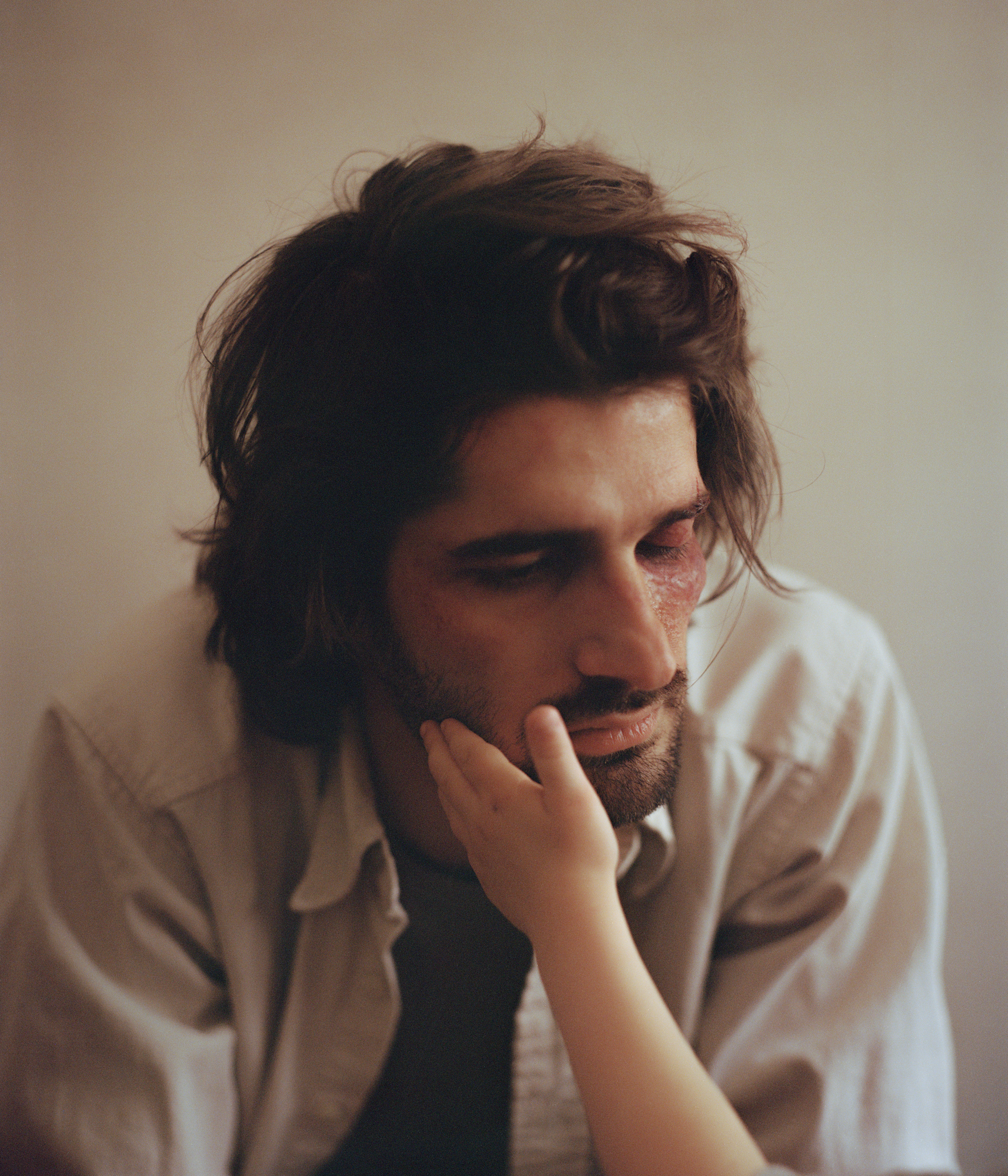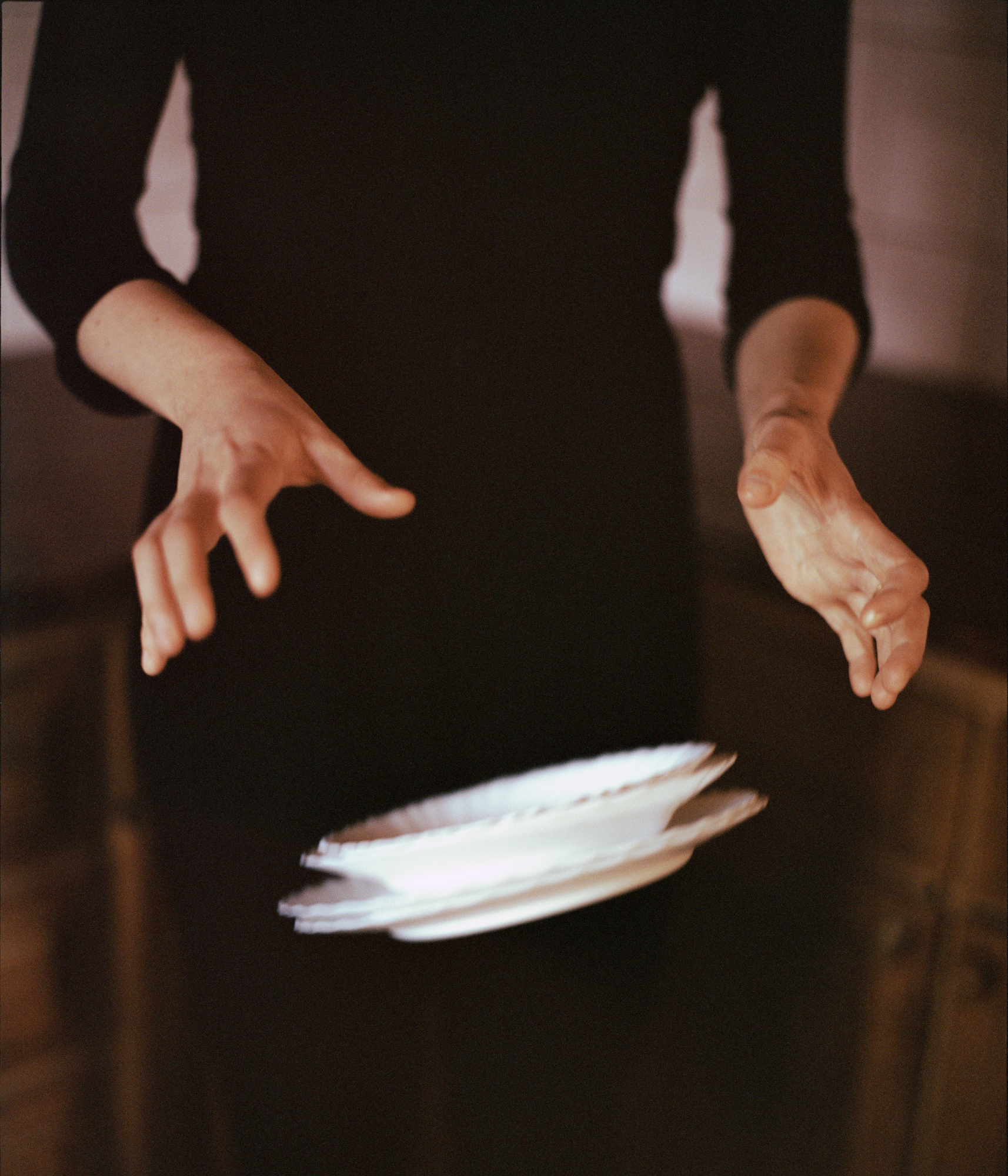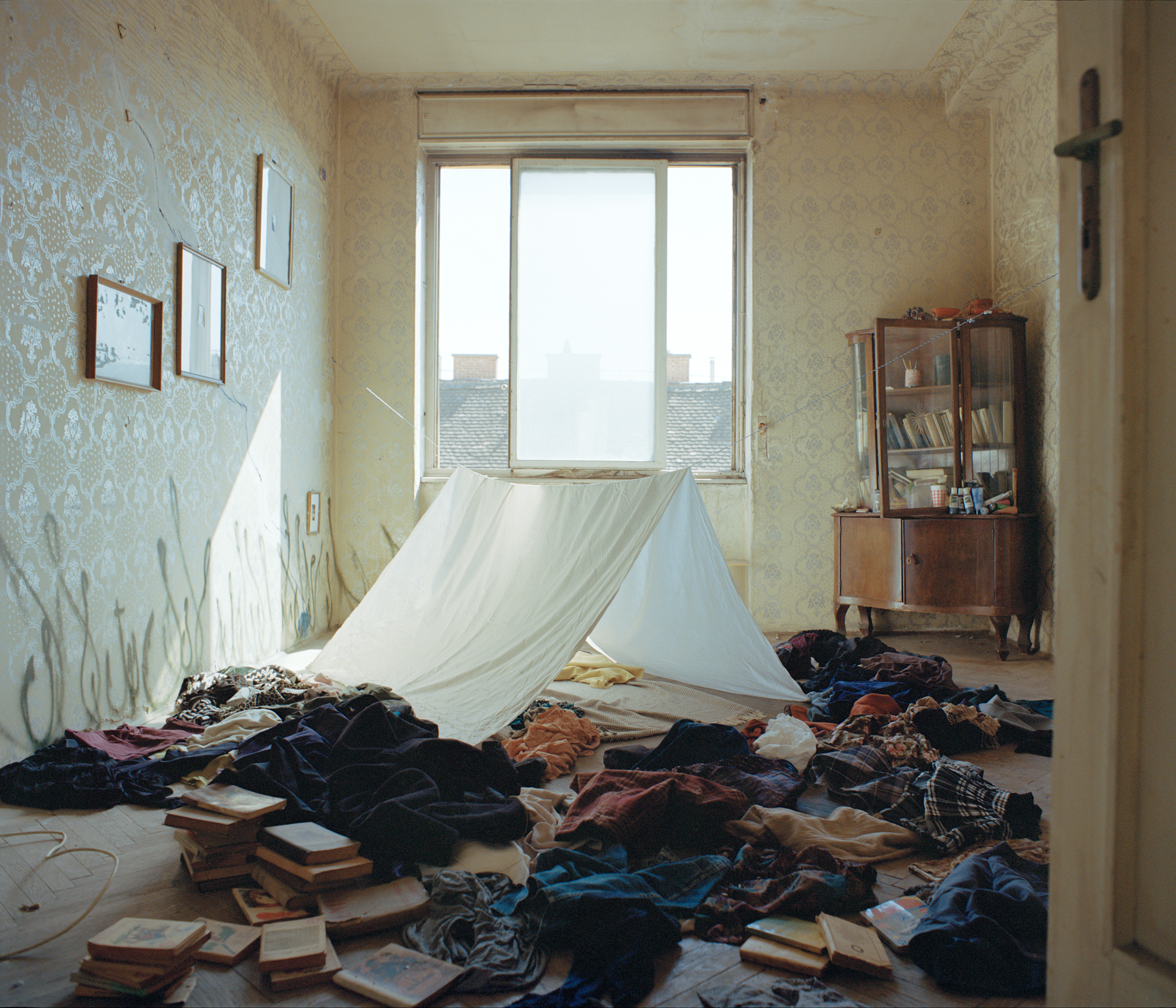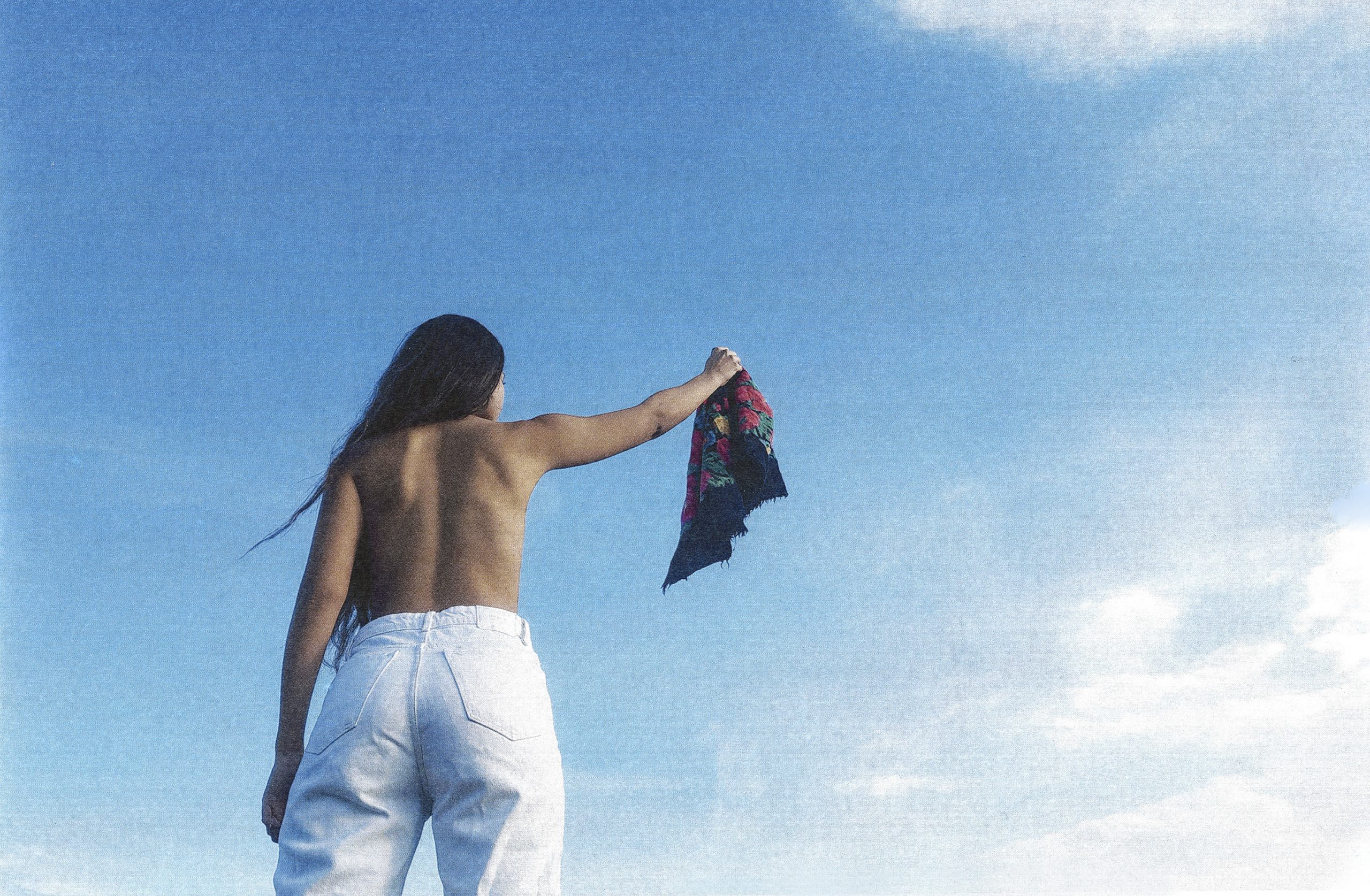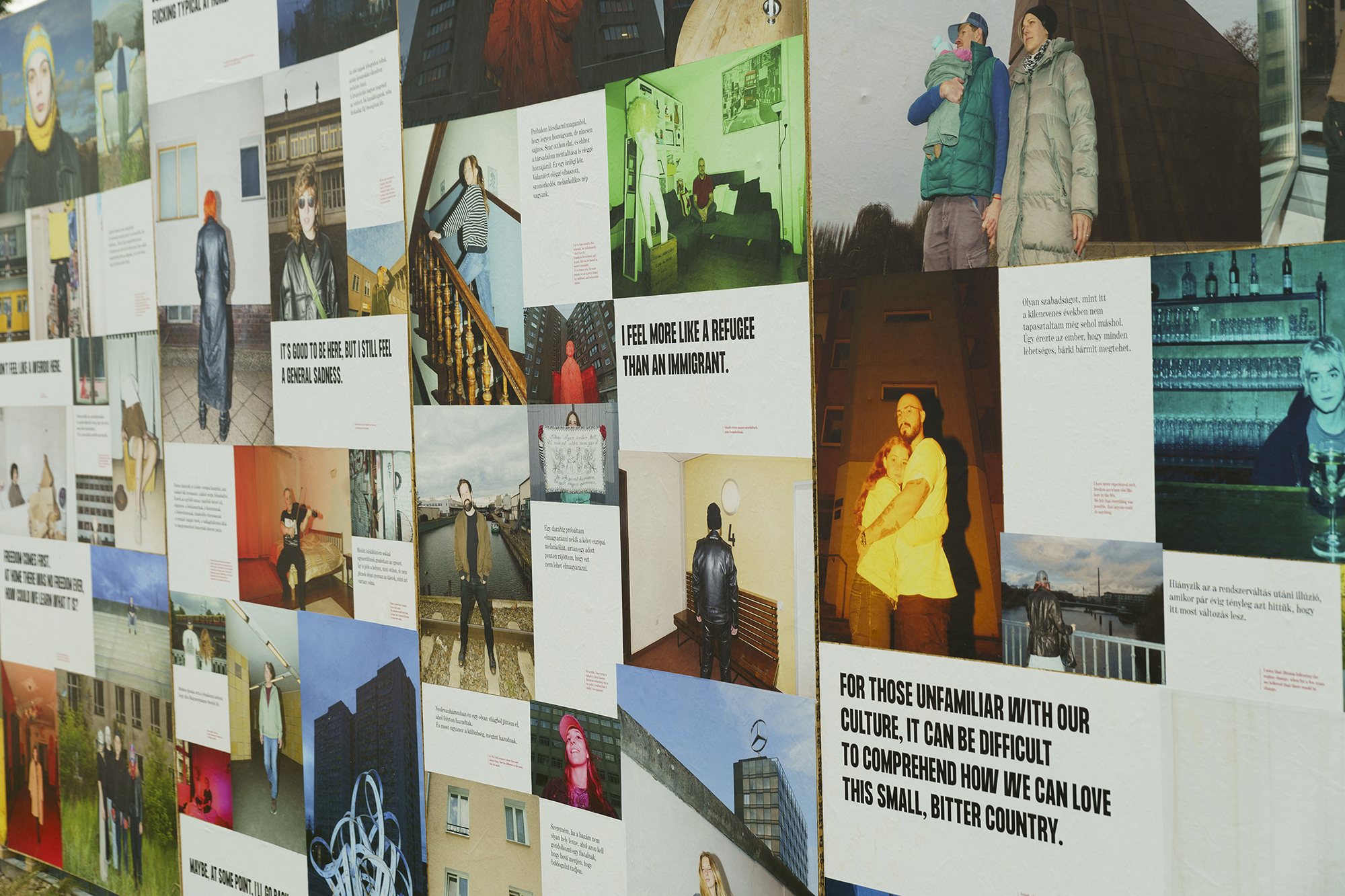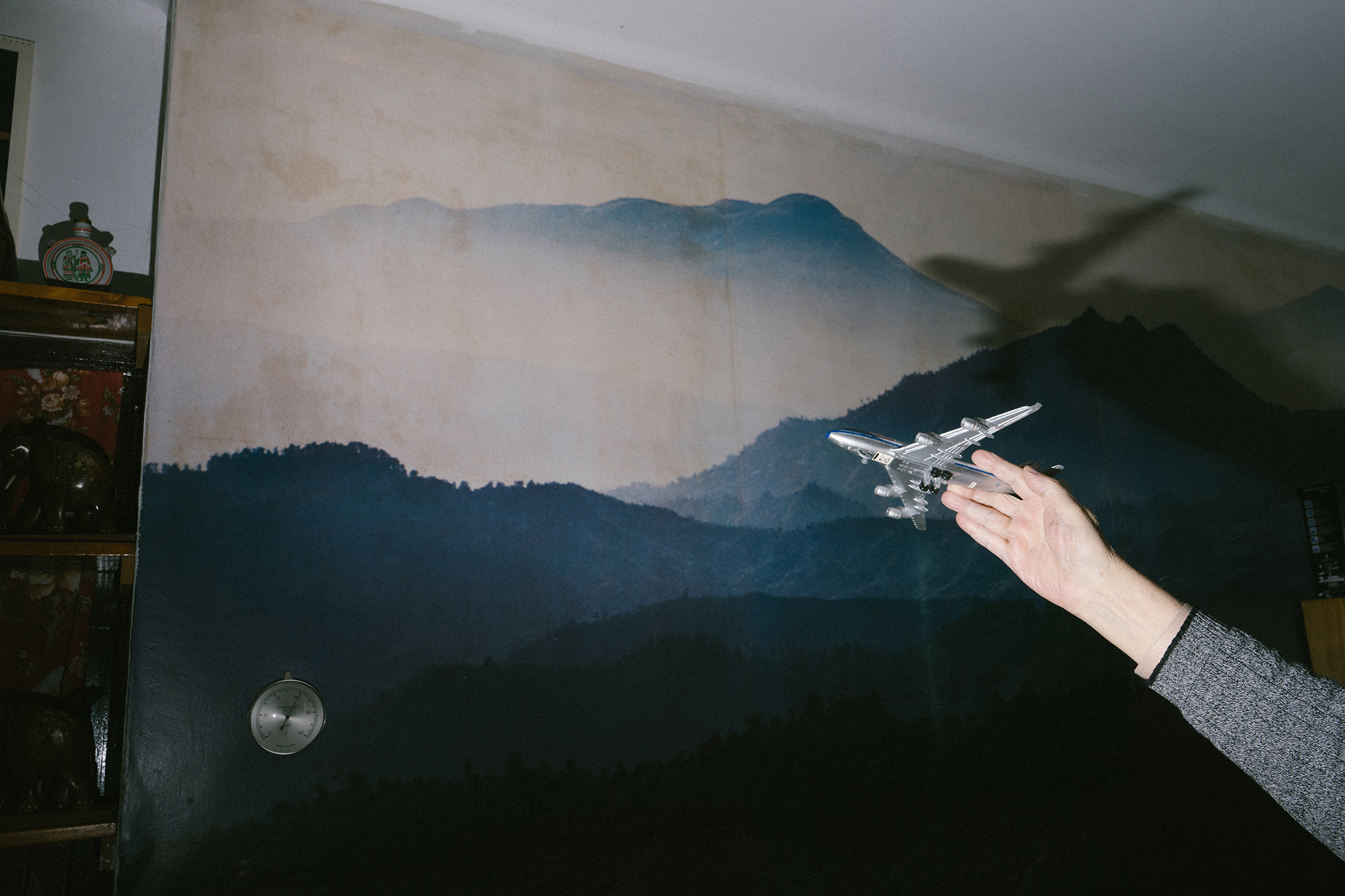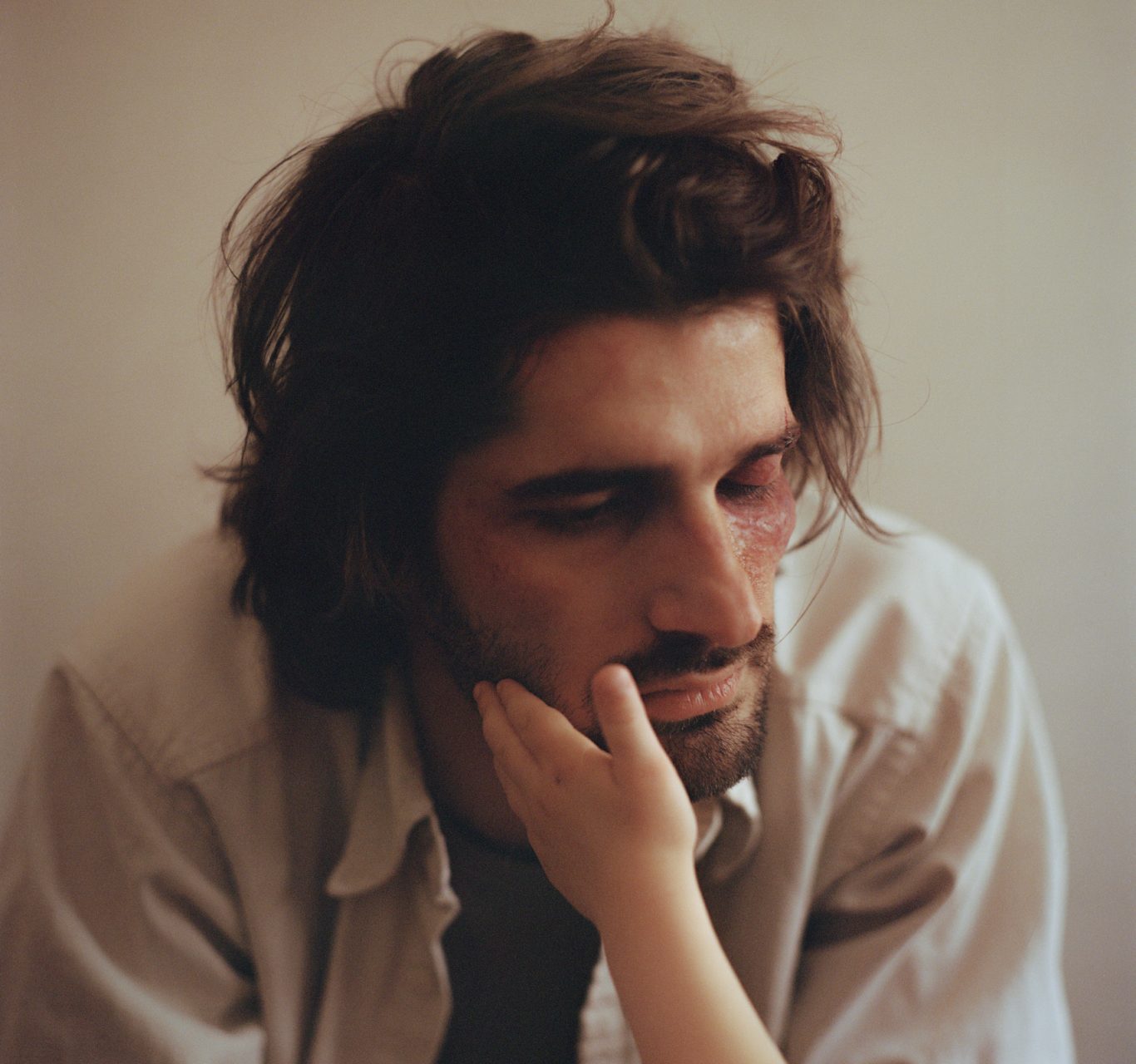
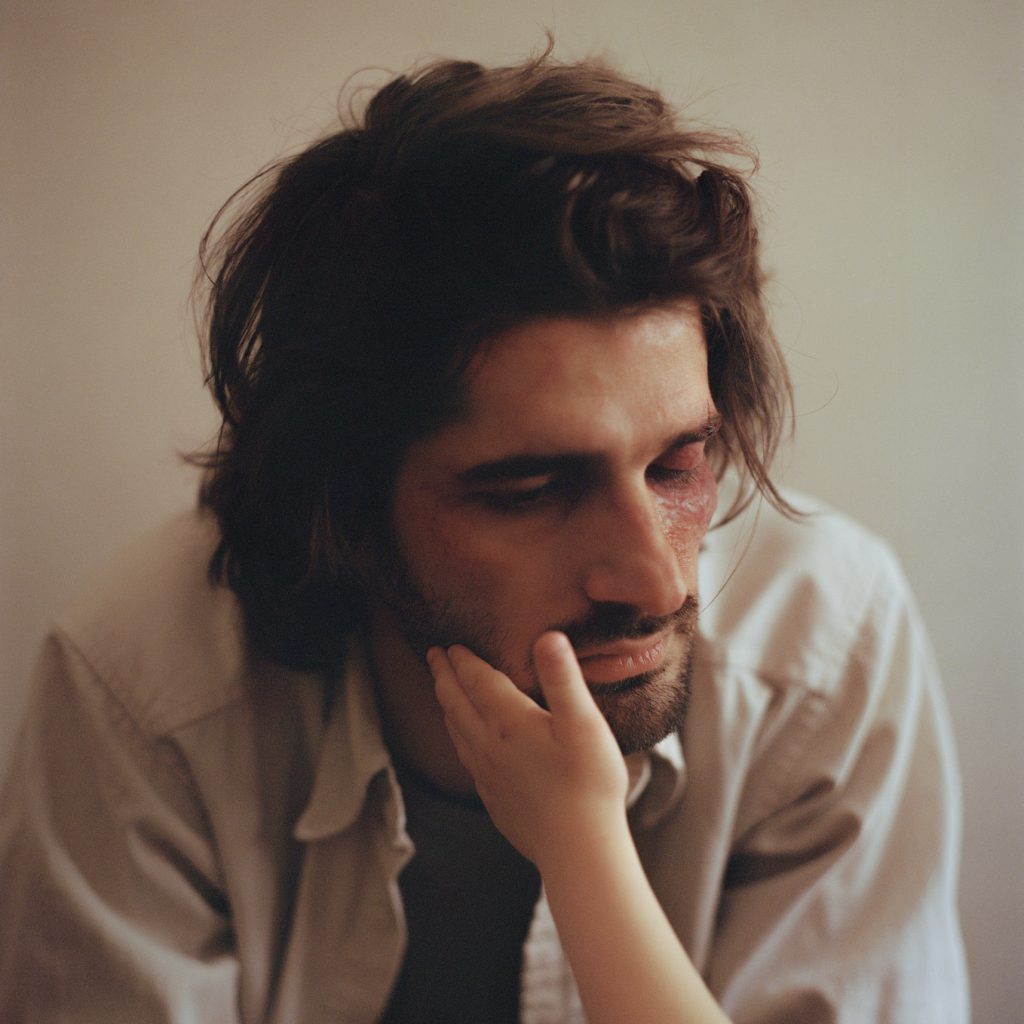
The test of identity – Three self-awareness photography series
Are we ever able to fully shed our traumas? To what extent does our identity exist independently of societal and environmental influences? Can photography serve as a tool for healing? These current questions are illuminated by three students from the Photography MA at MOME: Anita Horváth, Ornella Mari, and Lola Eördögh. Their diploma projects all explore the central theme of “identity”. These three works exemplify how external forces shape the individual and how the phenomena they document define the sense of self.
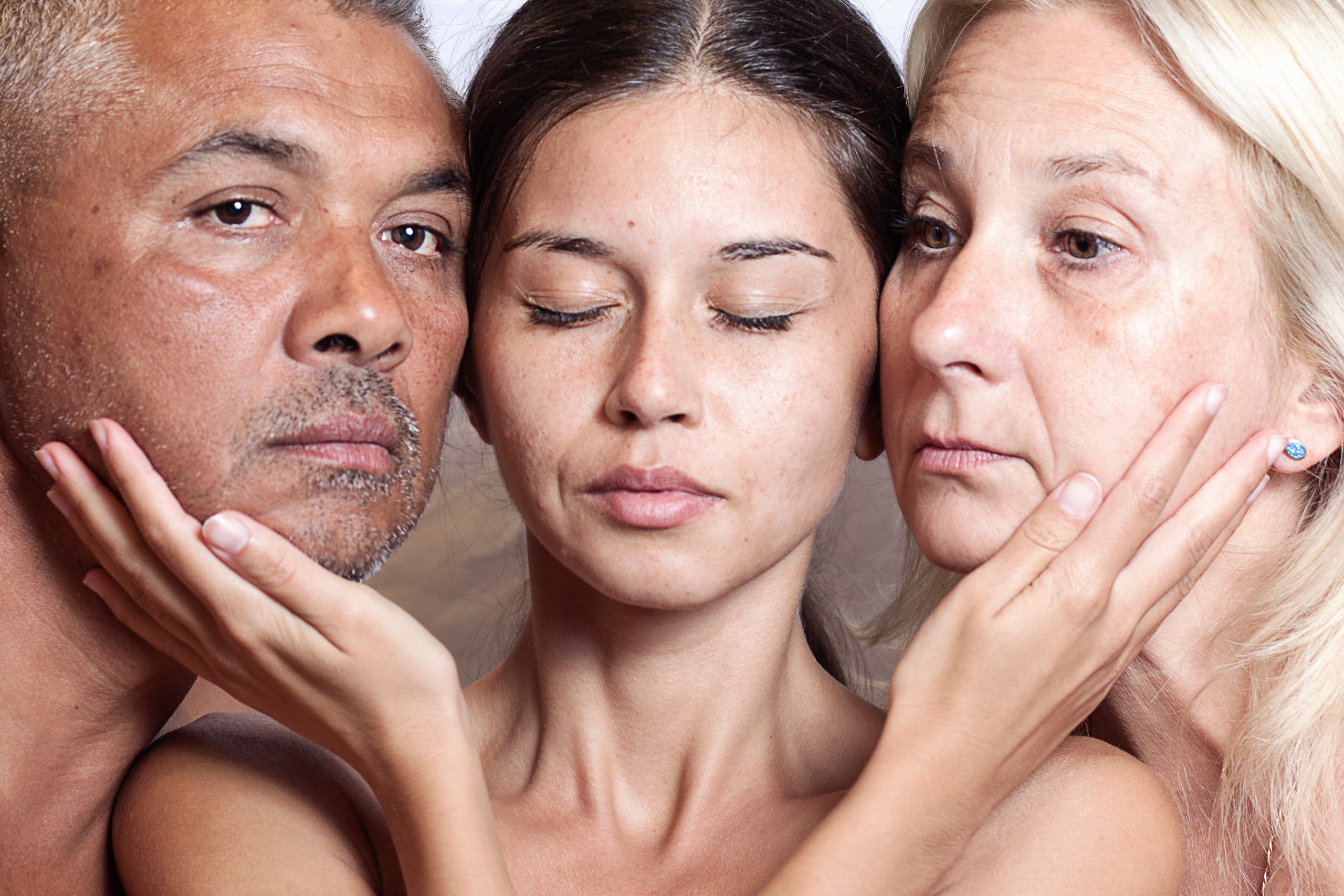
In the 21st century, the “trauma” is no longer a hushed-up taboo, and can even be turned into creative fuel. In the featured works, the practices of trauma processing and the search for identity intertwine or unfold separately, depending on the artist. The fact that these are female artists is essential: their work is rooted in female consciousness, which not only becomes a subject in their art but is also evident in the sensitivity and perspective of their approach. Their photographs boldly share their personal wounds, while also translating these personal struggles into a broader social context that viewers can relate to.
Anita Horváth: You’re Not Like That
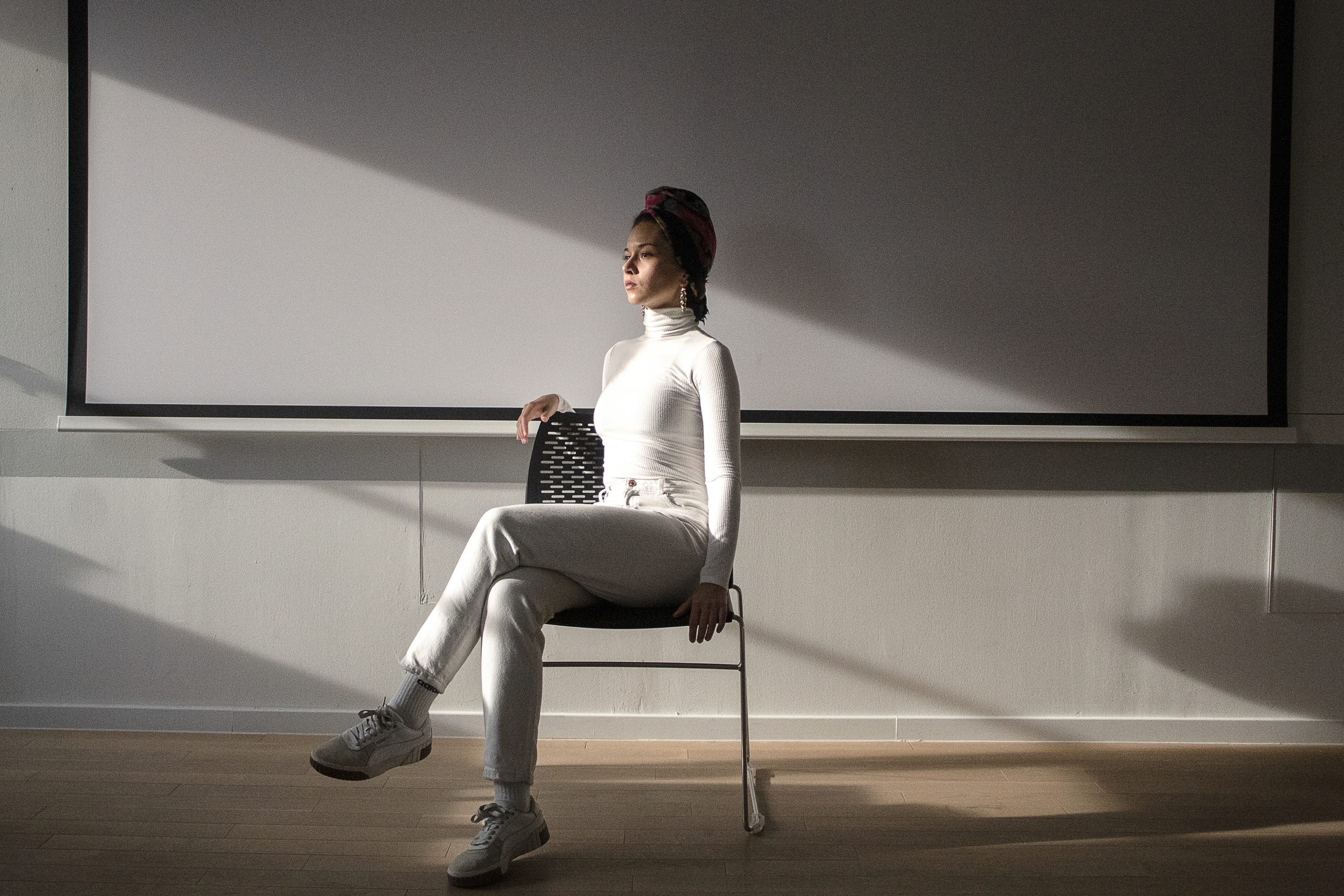
Exploring the theme of identity, the first project we encounter is You’re Not Like That by Anita Horváth, which addresses a deeply ingrained social issue from a personal perspective. This work, which draws on Anita’s Roma identity, begins with a photograph of text written on a wall. The sentences, hastily scrawled in a style reminiscent of slam poetry, contain phrases that stigmatise Roma women. Through this, Anita not only highlights the entrenched prejudices in our society but also seeks to distance her own identity from the stereotypes others project onto her. The three additional images in the series focus on this same theme, illustrating the contrasts between private life and daily existence from the perspective of living as a Roma woman.
Ornella Mari: Through Hardship to the Stars
Engaging with the inexhaustible theme of femininity, Ornella Mari primarily places herself at the centre of her photographs. Through staged compositions in a spiral-bound book, she documents her exploration of her own femininity. By objectifying her own body – whether deliberately or not – she initiates dialogue about the societal entrenchment of the “male gaze”. The series Through Hardship to the Stars guides us through a personal journey of self-development. Yet, beyond the individual narrative, it also delves into broader issues of female consciousness, abandonment, and trauma processing, all viewed through a personal lens.
Lola Eördögh: My Good People, My God’s People
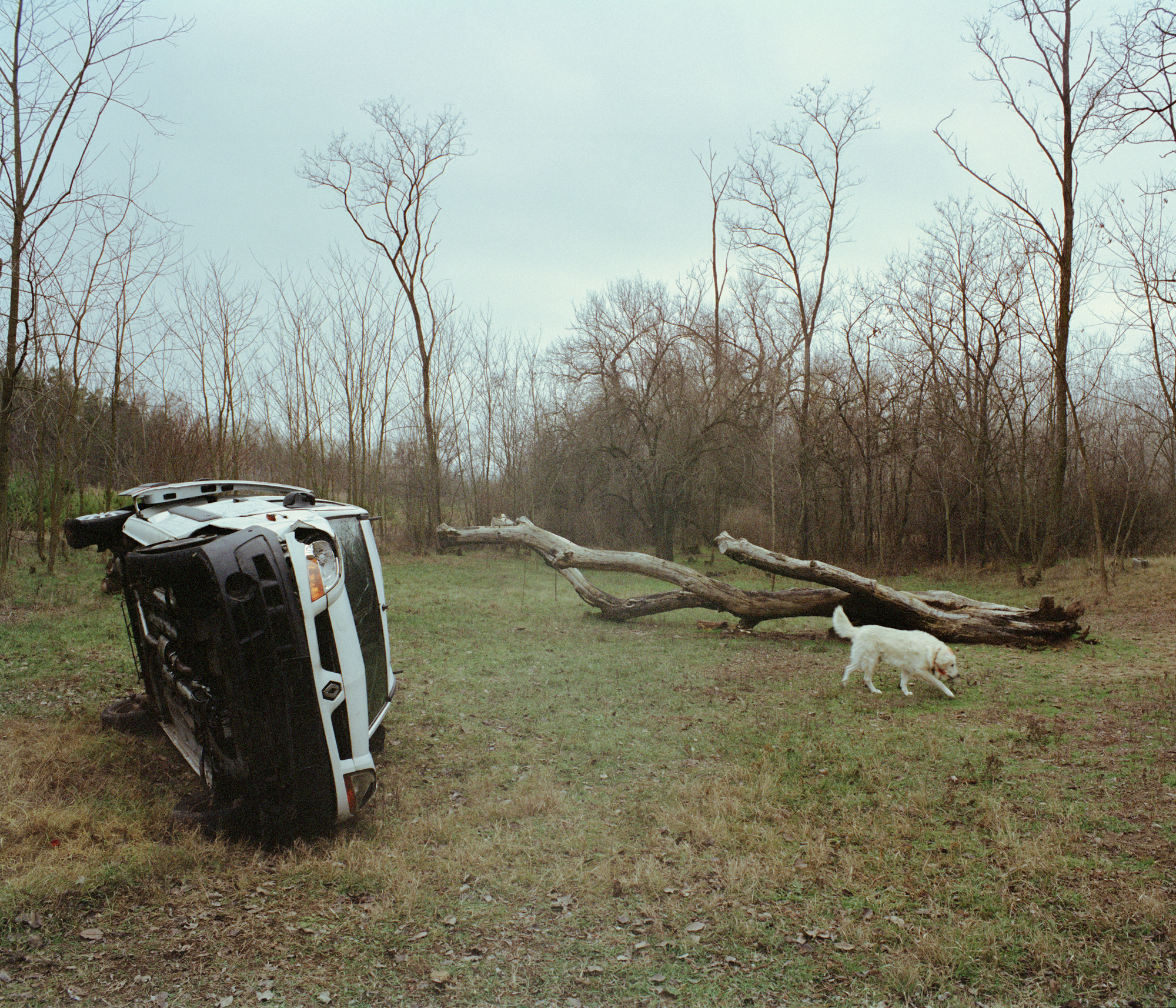
When it comes to character growth, the most personal – and perhaps gratuitous – diploma project in the room belongs to Lola Eördögh. Her work tackles the difficult task of processing fragments of childhood memories and traumatic milestones, distorted by the passage of time. These recollections are reimagined through the medium of photography, and the process itself becomes a test of identity, influenced by family dynamics and parental behaviour. The viewer is simultaneously drawn in by the insight into some of the more unsettling moments of Lola’s personal growth, and repelled by the slightly absurd images, the recurring sense of anxiety, and the ominous atmosphere. Alongside the framed photographs, there are interview excerpts – sometimes bafflingly candid – about her family and life stages, offering further context but also adding to the viewer’s disorientation.
The projects by Anita, Ornella, and Lola are the results of lengthy, intimate processes, requiring significant self-reflection and revisiting of the past. These works showcase both a strong personality and a mature artistic style. While their thematic choices may be similar, the outcomes vary greatly in both presentation and message, yet their shared courage is unmistakable. This highly personal graduate exhibition from MOME Photography MA students presents a thought-provoking and at times startling exploration of stigmatisation, femininity, family trauma, mental health, and pressing societal issues in their many forms.
// /
